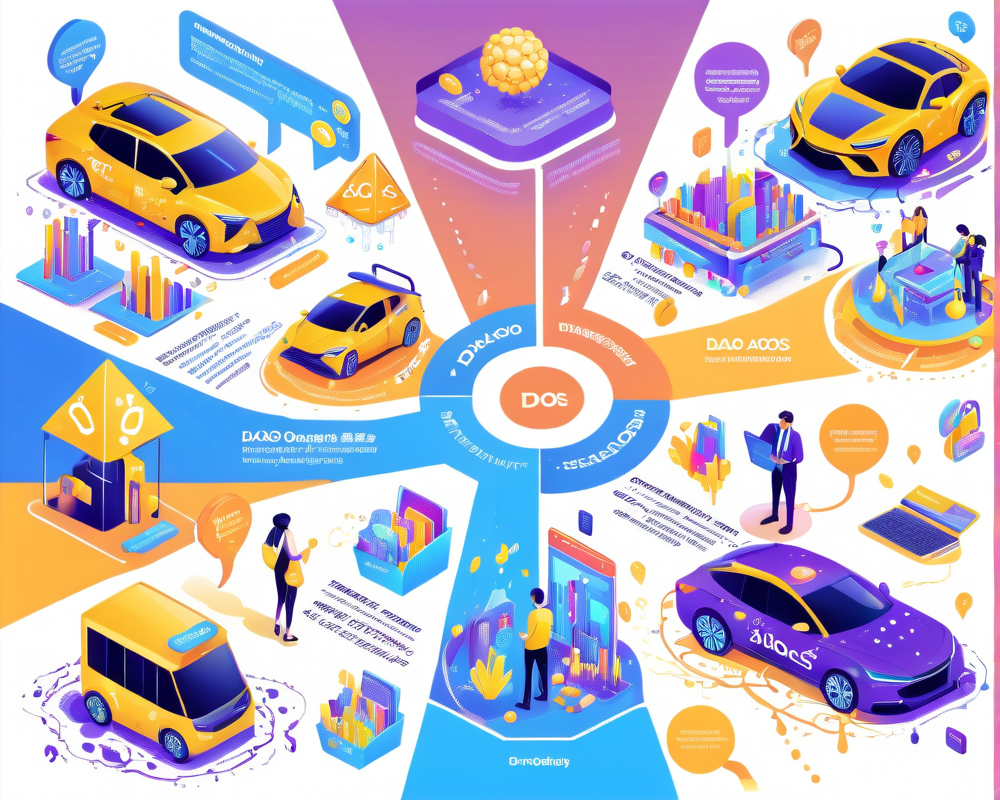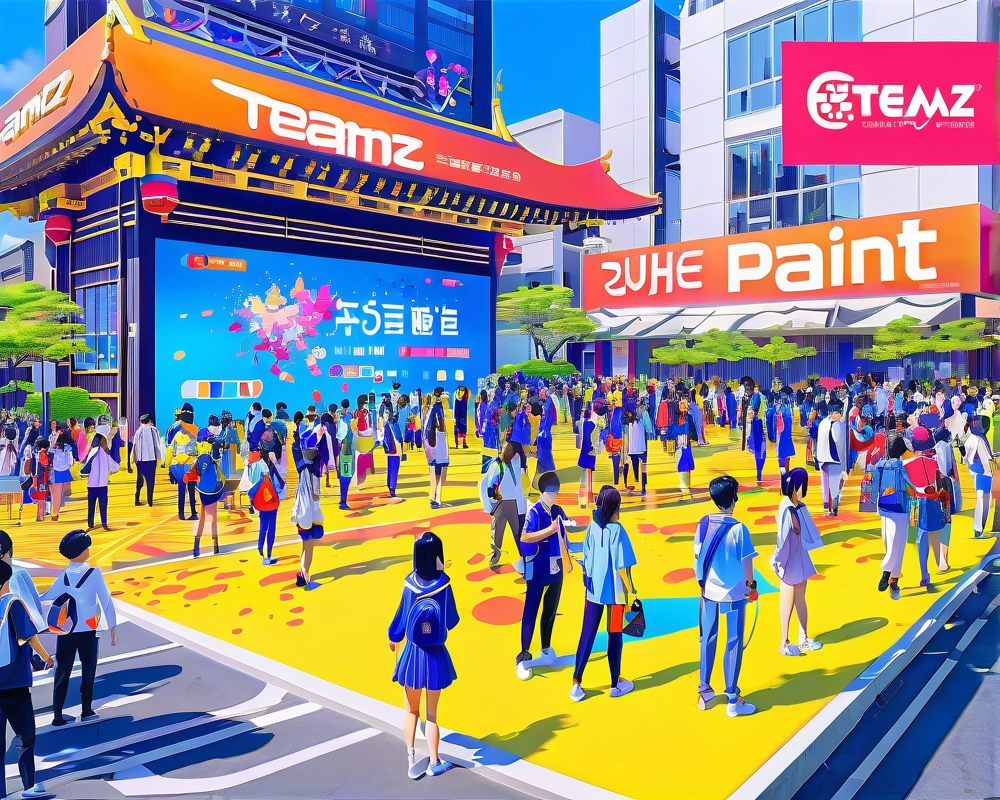Breaking Down DAOs
Decentralized Autonomous Organizations, or DAOs, sound like something straight out of a sci-fi movie, but they are potentially more revolutionary than a series of robot overlords. Imagine a workplace without bosses — sounds like a dream, right? In a DAO, each member has a say, contributing to decisions through collective consensus. Governance isn’t about who shouts the loudest; it’s about who can present the best ideas, making for a more democratic and open approach.
The Mechanics of a DAO
At its core, a DAO operates using blockchain technology, which ensures transparency and security. Governance decisions are often executed through smart contracts — automated scripts that self-enforce agreements without needing a middleman. So if you ever thought about pitching your grand idea to a committee and waiting for feedback, picture instead a system where your proposal can be voted on almost instantaneously by users across the globe.
Practical Applications of DAOs
The buzzword “decentralization” often finds its home in the cryptocurrency world, but the DAO model is versatile. They democratize decision-making, removing the small shareholder from the dustbin of corporate bureaucracy. Anyone with a stake can pitch their ideas, leading to vibrant discussions. Think of it as an endless brainstorming session where your voice can actually matter!
- Crypto Projects: DAOs are particularly thriving within crypto communities, where token holders can vote on various aspects like project roadmaps and fund allocation.
- Non-Profits: Imagine a charity where contributions can be allocated based on collective decision-making — every dollar spent could be voted on directly by contributors!
- Collaborative Freelancing: A collective of freelancers could unite under a DAO to pitch ideas, vote on projects, and manage funds without a traditional management structure.
Facing the Future
The exciting conversation about DAOs extends beyond mere organization; it’s about encapsulating a new way of work. With remote work on the rise, DAOs could spearhead the gig economy, allowing freelancers to form communities that operate independently and collaboratively. AI DAOs, for instance, could delegate decision-making to AI agents, providing a bias-free approach, which sounds like a recipe for success.
Challenges on the Horizon
However, as with every shiny, new tech solution, there are hurdles to leap over. For one, the notion of collective ownership raises legal questions. Who’s accountable when something goes wrong? Spoiler alert: There’s often not a single individual responsible due to the decentralized nature of DAOs, which could lead to some seriously complicated legal issues.
- Community Engagement: DAOs require a proactive community. If everyone sits back eating chips during meetings, productivity plummets.
- Technical Literacy: The learning curve can be steep, akin to teaching your grandma to tokenize her cat videos on the blockchain.
Conclusion: A DAO for Everyone?
The message is clear: DAOs are here to stay and could shape the future of work. As technology evolves and society adapts to new ways of collaboration, expect a substantial uptick in decentralized structures. They promise a level playing field, where any voice can resonate and every community member has a chance to contribute. It’s not just a workplace; it’s a collaborative revolution.




